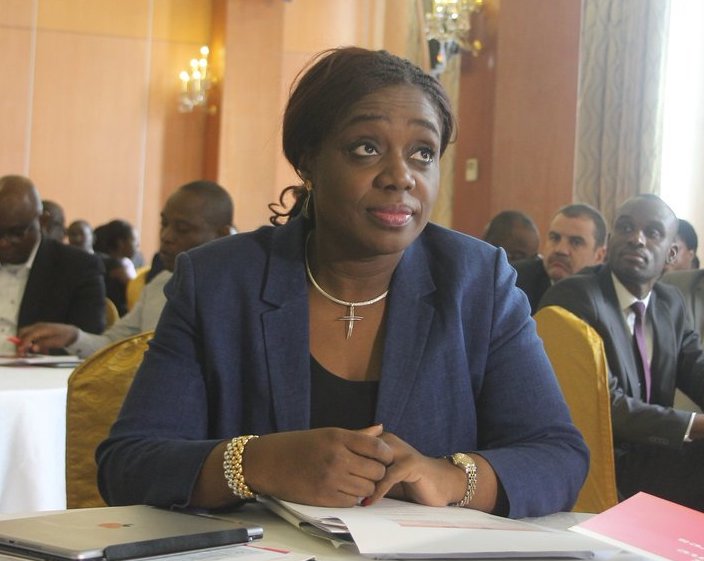Nigeria has no choice, but to continue to borrow in order to implement the Federal Government’s Economic Recovery and Growth Plan (ERGP), Kemi Adeosun, country’s finance minister said Thursday, according to NAN report.
This was said in a statement signed by the Director of Information, Federal Ministry of Finance, Salisu Dambatta in Abuja, following the recent statement credited to the minister about Nigeria’s debt strategy and ability to borrow.
Adeosun was quoted to have warned the country not to consider borrowing more to fund its budget, instead raise money internally for the purpose.
In her words, “Nigeria will continue to borrow. Nothing has changed.

“The Economic Recovery and Growth Plan provides for an increase in spending over a three-year period, which is reflected in the 2017 budget.
“In 2017, the government is committed to spending N7.44 trillion, with a projected fiscal deficit of N2.356 trillion, which will be funded by a combination of domestic and international borrowing.
Also read: Nigeria cannot afford to “borrow anymore,” finance minister says
“Nigeria’s debt to GDP ratio is low when compared to our contemporaries in Africa, and across most of the developed world.
“We have headroom to borrow and are doing so aggressively in the short to medium term in order to address our infrastructure deficit and to stimulate growth.”
The minister said that in addition to borrowing, the government was working towards having a diversified revenue base to ensure that the country does not continue to overly rely on debt to fund the budget.
“To build a sustainable economy we must replace the debt that we are incurring in the short to medium term, with strong revenue sources.
“That is why the Ministry of Finance is focused on expanding our tax base, which we are doing with a range of initiatives which include the Voluntary Asset and Income Declaration Scheme (VAIDS).
“Also, the recruitment of Community Tax Liaison Officers (CTLOS) is to improve tax compliance in the long-term, and we are heavily focused on making government spending more productive and efficient.
“Nigeria cannot rely on debt indefinitely. We must be focused on a future where we can earn enough internal revenue to spend on the projects that will grow our economy,” she said.
Adesoun said that for now, however, increased spending, funded by debt, would act as a stimulus for growth, NAN reports.







